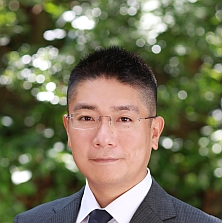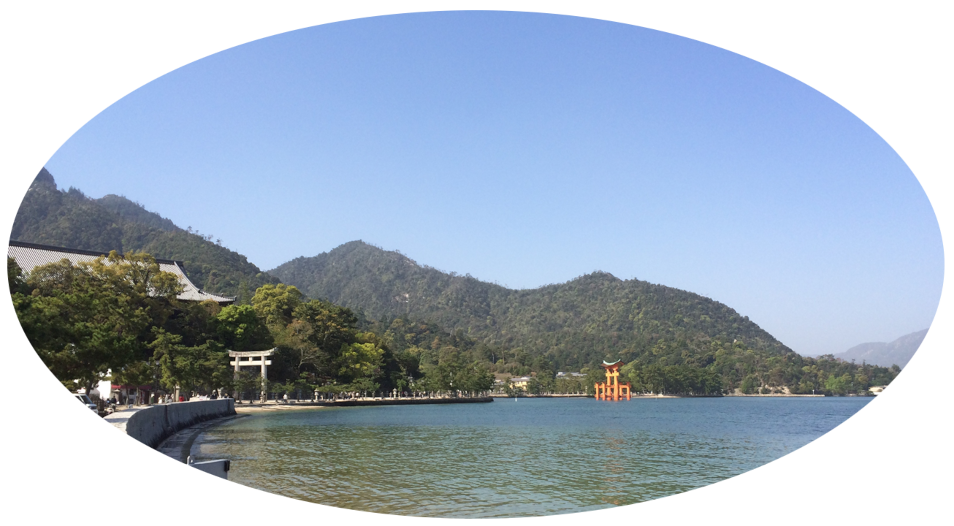Important Dates
- Paper Submission Deadline
- June 30, 2022
- (No Extension)
- Author Notification Due
- August 8, 2022
- Registration Starts
- September 1, 2022
- Final Paper Submission Deadline
- September 10, 2022
- Conference
- October 31st - November 2nd, 2022
Conference Venue
- Miyakenomori Nexus21, 10th Floor,
- Itsukaichi Campus,
- Hiroshima Institute of Technology
2-1-1 Miyake, Saeki-ku, Hiroshima, 731-5193 Japan
https://www.it-hiroshima.ac.jp/
Invited Talk
Date: Monday October 31, 2022
A System Perspective to Analog Front-End for Industrial Instrumentation
Abstract: We have developed a compact isolated input analog front-end (AFE) for industrial instrumentation. AFEs convert thermocouples, RTDs, and voltages into digital signals and provide measurements to the instrument system. Large-scale and complex mixed-signal circuit technology is essential to obtain the required stable measurement accuracy. Because the technology is multi-layered from physical layer to logical layer, it is difficult to design with a flat concept. We will introduce an architecture design case using a system perspective to optimize the close relationship between technology layers.
Speaker
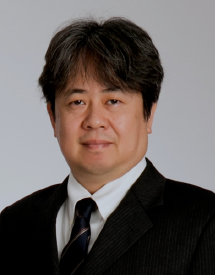
Mr. Dai Kato, Senior Analog Expert/Manager
Yokogawa Electric Corporation, Japan
Date: Monday October 31, 2022
State-of-the-Art of Automatic Synthesis of Analog Integrated Circuits
Abstract: The automatic design of integrated circuits is attracting attention as a means of reducing costs through efficient design and is being developed to incorporate state-of-the-art algorithms and technologies. Applying machine learning to the automatic design/synthesis of analog integrated circuits is one of the attractive methods to solve the problem. This paper introduces methods for using machine learning in the analog integrated circuit design flow. We will discuss circuit topology selection and circuit synthesis to meet the specifications. Once automatic design/synthesis of analog integrated circuits is achieved, integrated circuit design will move to the next stage, and integrated circuits never seen before will emerge.
Speaker
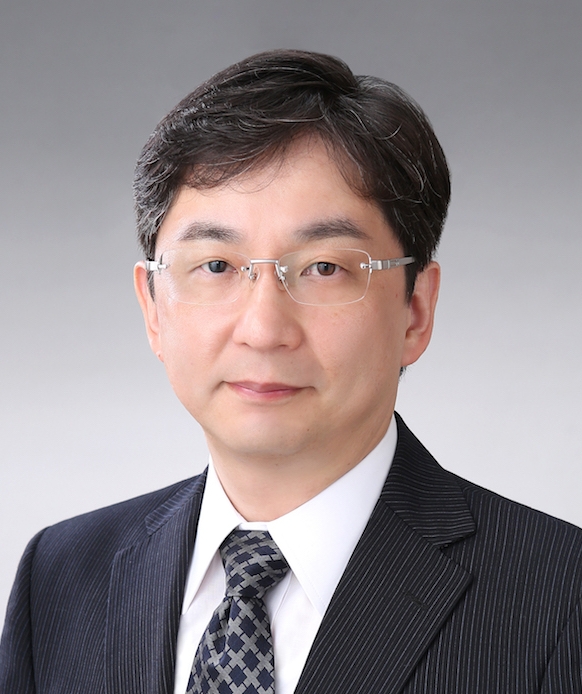
Dr. Nobukazu Takai, Professor
Kyoto Institute of Technology, Japan
Date: Monday October 31, 2022
Ergodic Sequential Logic Biomimetic Circuits for Hardware-Efficient Medical Engineering Applications
Abstract: In this presentation, our recent research projects on ergodic sequential logic (SL) biomimetic circuits are reviewed. First, mathematical backgrounds and practical advantages of the ergodic SL biomimetic circuits are explained. Second, recent examples and potential applications of the ergodic SL biomimetic circuits (e.g., cochlear implant circuit, brain implant circuit, assist device for rehabilitation of walking, hardware-based genome simulator for personalized medicine and personalized drag discovery) are reviewed. Finally, important problems for developing future high-performance and hardware-efficient implantable medical engineering devices are discussed.
Speaker
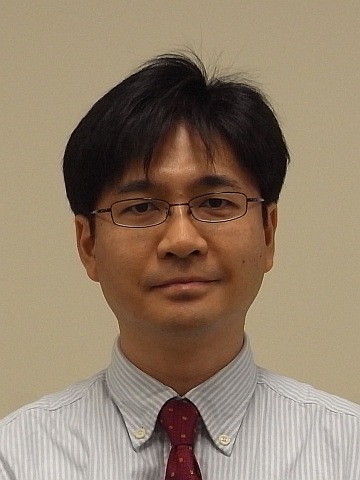
Dr. Hiroyuki Torikai, Professor
Hosei University, Jpan
Date: Monday November 1, 2022
Tiny CMOS towards Big Future
-Sub-mm2, Sub-nW CMOS Analog VLSI for Stand-Alone Energy-Autonomous Continuous Glucose Monitoring Contact Lenses-
Abstract: As CMOS technology scaling progresses, the required footprint and power for one function has been reduced. This trend enables developing tiny area/power CMOS VLSIs for various applications. This talk presents the latest result on the work on Glucose-fuel-cell-operated Glucose sensing system which can be applied to stand-alone energy-autonomous continuous Glucose monitoring system (CGMS) contact lenses. The work shows world's lowest power consumption sub-mm2 supply-modulated CMOS On-Off Keying (OOK) transmitter for enabling self-powered continuous glucose monitoring contact lens. By introducing self-oscillating voltage doubler and charge pump, compact, low-voltage, low-power supply-modulated OOK transmitter become available. By prototyping 385µm × 385µm testchip in 65-nm CMOS, 0.27 nW under 0.165 V performance and self-powered operation using 2mm × 2mm solid-state glucose fuel cell were successfully demonstrated. In addition, the talk demonstrates solar-cell-powered bio-fuel-cell-associated CGMS smart contact lenses with LED driving capability.
Speaker
